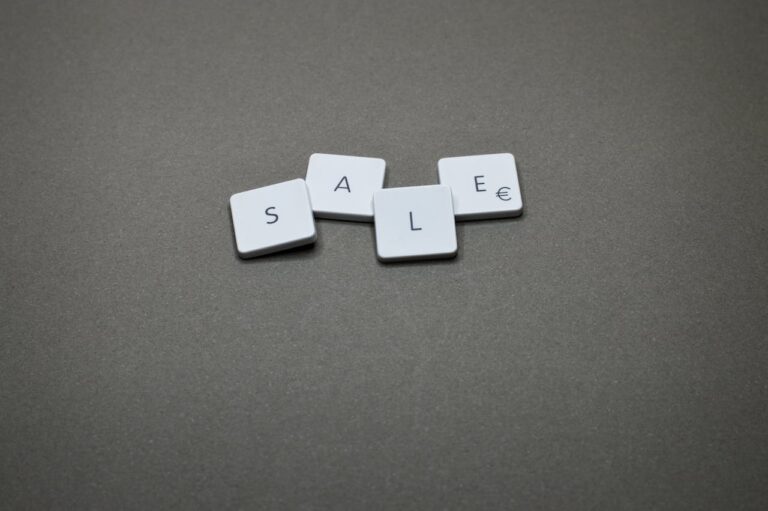
Personalization has become more than just a buzzword in the marketing world, and for a good reason. Personalization refers to tailoring experiences, products, and services to individual customers’ unique preferences, behaviors, and interests. With technological advancements, businesses can leverage personalization tools to provide a more personalized customer experience, ultimately leading to better business results. This article will explore how to leverage personalization tools for better business outcomes.
Personalization Engine
A personalization engine is a software tool that analyzes customer data and behavior to deliver personalized content, offers, and recommendations. The engine uses machine learning algorithms and predictive analytics to identify patterns and insights about customer behavior, preferences, and intent. This information is used to deliver personalized experiences across different email, web, mobile, and social media channels. Platforms like Uniform can help companies integrate personalization engines into their digital business architecture to leverage data-driven insights for better customer experience. Uniform offers a range of tools and integration software for greater flexibility, scalability, and customization for digital businesses.
Many companies use personalization engines across industries to deliver personalized experiences. For example, Netflix uses a personalization engine to recommend shows and movies based on users’ viewing habits. Personalization engines can help companies provide relevant and personalized experiences that lead to better business outcomes.
Personalized Email Marketing
Email marketing has been around for decades and is still one of the most effective marketing channels. However, generic email blasts are no longer enough to capture customers’ attention. Personalized email marketing is essential for delivering relevant content to customers.
Personalization tools can segment email lists based on customer preferences, behavior, and other factors. For example, a clothing retailer can segment their email list based on gender, age, and purchase history. This level of customer understanding allows the retailer to send targeted emails more likely to be opened and clicked by the recipient.
Personalized email marketing can deliver personalized recommendations and offers. For example, a travel company can send customized emails to customers based on their travel history, preferences, and browsing behavior. The email can include personalized recommendations for flights, hotels, and activities based on the customer’s previous bookings and searches. Personalized email marketing can increase engagement, click-through, and conversion rates.
Personalized Product Recommendations
Personalized product recommendations are a powerful tool for increasing sales and customer satisfaction. Personalization engines can analyze customer data such as purchase history, browsing behavior, and search history to deliver personalized product recommendations.
For example, Amazon’s personalization engine recommends products to customers based on browsing and purchasing history. The engine uses machine learning algorithms to identify patterns and insights about customer behavior, preferences, and intent. This information is used to deliver personalized recommendations more likely to be relevant to the customer.
Personalized product recommendations can improve upselling and cross-selling opportunities. For example, a customer who has just purchased a laptop may be recommended a laptop case or a computer mouse. Personalized product recommendations can lead to higher conversion rates and increased customer loyalty.
Personalization is Key to Better Digital Business
Personalization tools have become essential for businesses that want to deliver relevant and personalized customer experiences. Personalization engines, customized email marketing, personalized product recommendations, and personalized web experiences are just a few ways businesses can leverage personalization tools to improve their business outcomes.
By analyzing customer data and behavior, businesses can deliver personalized experiences that are more likely to engage customers and lead to higher conversion rates. Personalization tools can increase customer loyalty and retention by providing individualized content, offers, and recommendations.
Personalization is no longer a buzzword but a standard for businesses that want to compete in today’s market. With the help of personalization tools, companies can provide a better customer experience and ultimately improve their bottom line.













